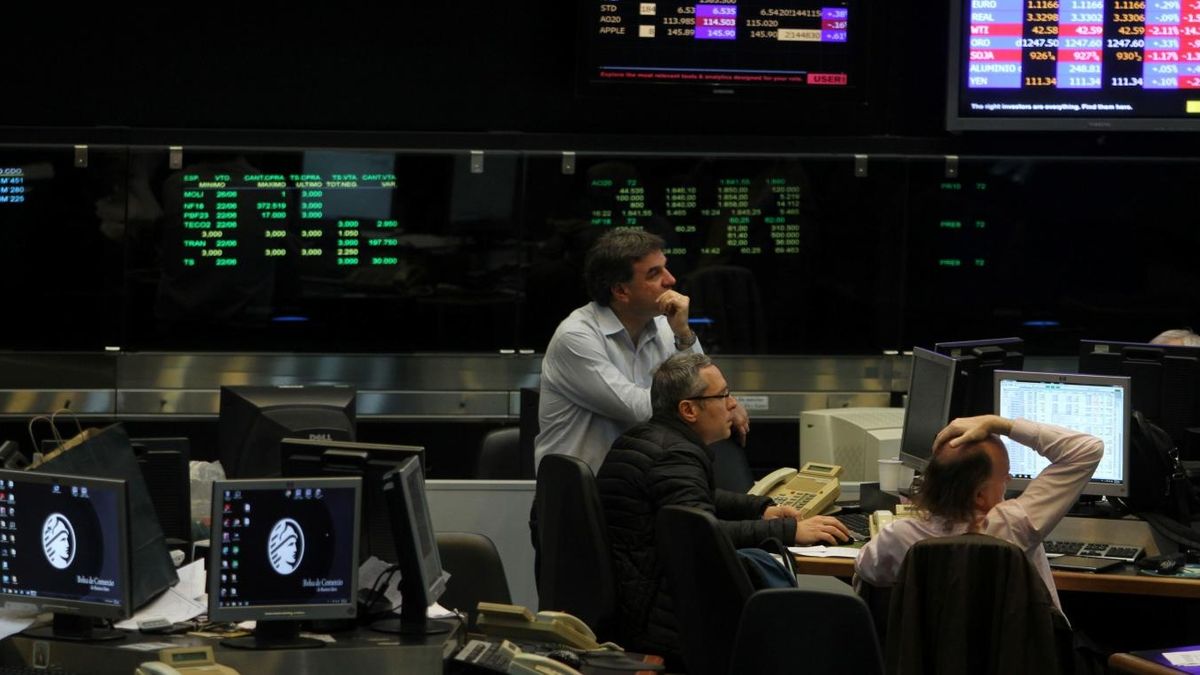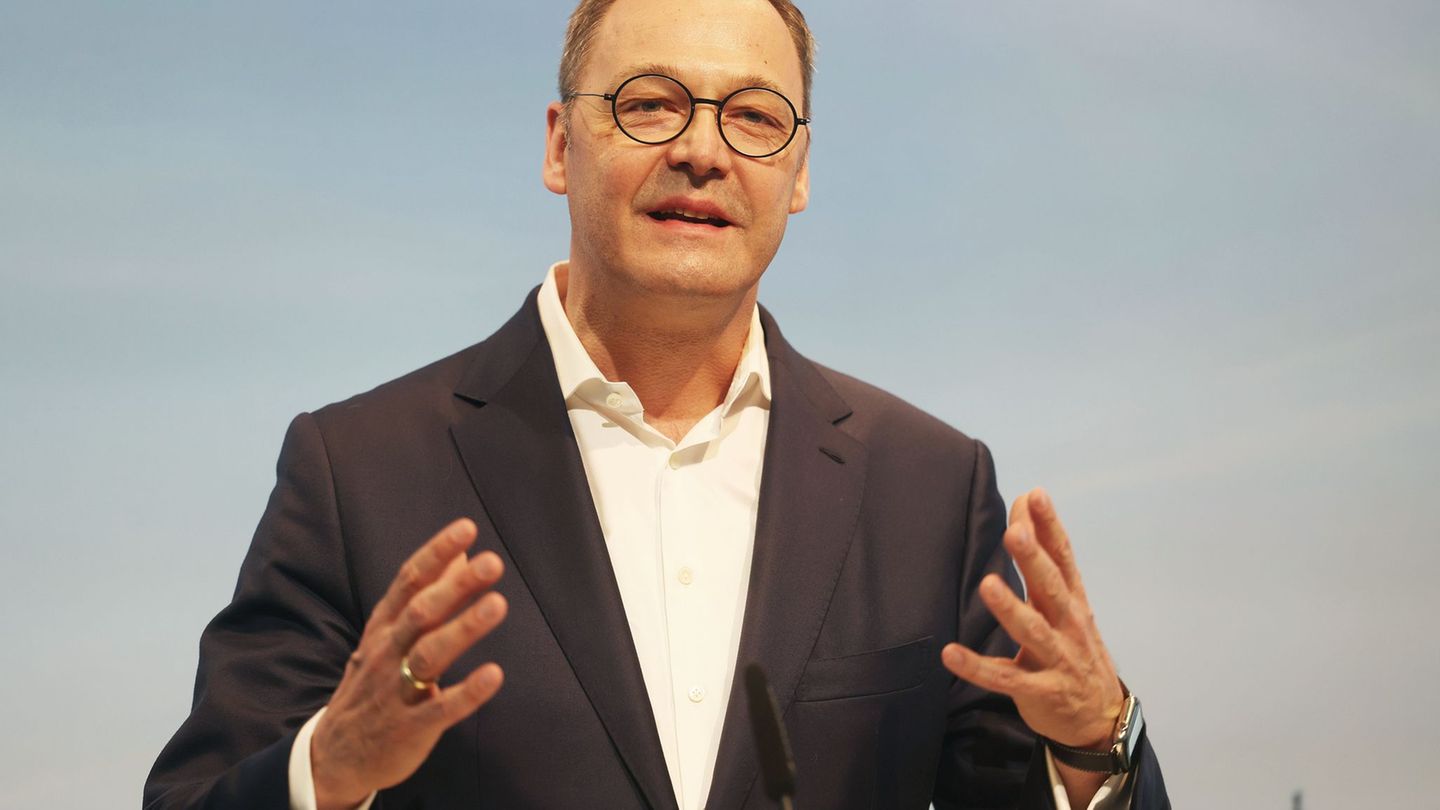Fears that aggressive US interest rate hikes to curb the highest inflation in decades could tip the economy into recession fueled asset hedging sales around the world.
In that framework, titles denominated in hard currency posted widespread declines, led by Global 2038 (-2.7%); Global 2035 (-2.6%); the Bonar 2030 (-2.2%); and Global 2030 (-2.2%).
Indeed, the Argentine country risk rose 2.2% to 1,880 units, its highest level since the beginning of March.
In the peso segment, on the other hand, CER-adjusted bonds (follow the evolution of inflation) closed with the majority of increases, highlighting the advance of the Quasipar (+5.2%).
Towards the close of the market, The National Institute of Statistics and Censuses (INDEC) reported that retail prices increased by a strong 6% in April, mainly driven by food and clothing items.
Meanwhile, the board of the Central Bank (BCRA) was analyzing a potential new rise in the reference rate, in line with the rise in inflation.
“Domestic assets are conditioned since they have no choice but to accompany the global ‘risk-off’ more when (local) political tensions intensify”, They said from the market.
“Investors must add the growing political tensions within the ruling coalition since they make the serious economic challenges to be managed even more complex. Just the expectation of complications in governance, given the long road that remains until the elections, would only deepen the deterioration in the expectations of the agents”, they added.
The worrying data of the day, beyond the inflationary dynamics, were sales of US$80 million by the Central Bank to supply genuine demand, to reduce its positive balance to 535 million dollars in the month, which contrasts with the US$1,223 million that the entity had accumulated in the same days of May a year ago.
“The central bank is pressured by the industry due to the lack of dollars, in the midst of a lower supply”, an operator said.
As learned by this medium, the demand for currency this week was increased by the punctual payment of energy (two ships with LNG), which was around 250 million dollars. “They were specific operations, scheduled for this time of year, with prices significantly higher than a year ago as a result of the war,” they said in the market.
The International Monetary Fund (IMF) will carry out this month the first revision of the recent agreement reached with the country for some 44,000 million dollars by which the Government promised to increase the reserves of the BCRA, reduce inflation, reduce the fiscal deficit, increase interest rates and cut energy subsidies.
On Wall Street, Argentine shares ended with mixed prices, in a session in which the recovery of Mercado Libre (+6.4%), after plummeting 12% on Wednesday; and the performance of Bioceres (+5.8%). Among the losses, on the other hand, appeared the papers of Despegar (-2.2%); and IRSA Commercial Properties (-2.2%).
In the Buenos Aires bag, the The leading S&P Merval index lost 0.3% to 85,520.83 points, led by energy and financial firms.
The oil company YPF reported on Wednesday a net profit of 26,417 million pesos (238 million dollars) in the first quarter, compared to a loss of 2,247 million pesos registered in the same period of 2021.
This Thursday an executive of the firm said that The oil company could increase its investment plan of 3,700 million dollars planned for 2022, especially with regard to exploration and production activities. Its shares fell 0.5% in both New York and Buenos Aires.
Source: Ambito
David William is a talented author who has made a name for himself in the world of writing. He is a professional author who writes on a wide range of topics, from general interest to opinion news. David is currently working as a writer at 24 hours worlds where he brings his unique perspective and in-depth research to his articles, making them both informative and engaging.




